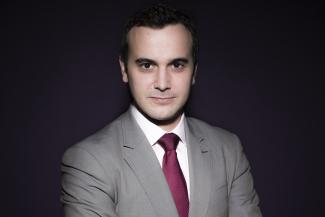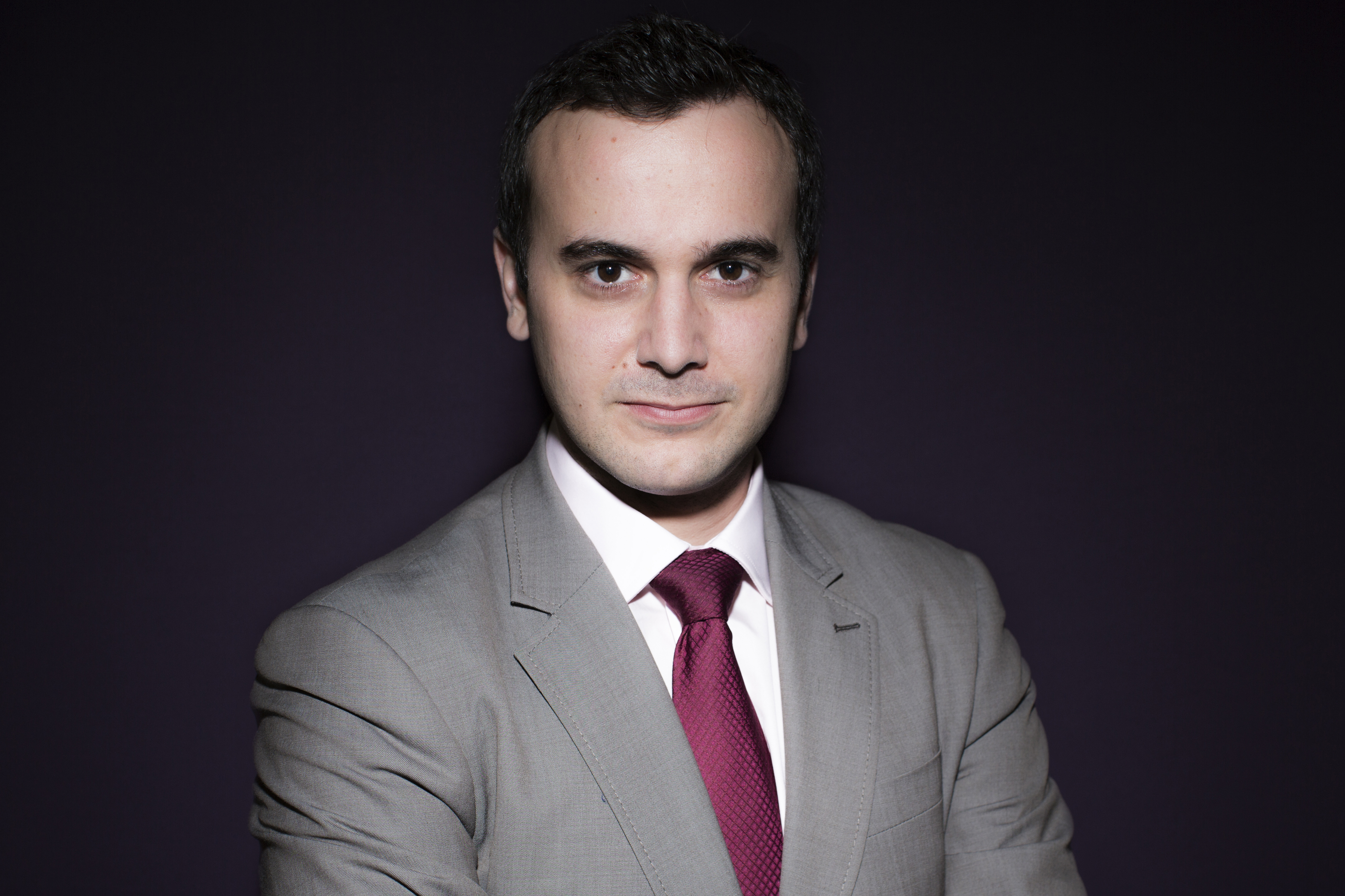Juncker's 'last chance' Commission: Can he deliver?
Jean-Claude Juncker has made a surprisingly strong start. But behind the clear priorities and the innovative team set-up, his ability to restore trust in the EU remains to be seen.
It is done: the European Parliament has confirmed the new European Commission. The new leadership will now be able to start working as planned on November 1st. What lessons can we draw from the validation process and the hearings of the now-nominated Commissioners
First, President Jean-Claude Juncker has built a programme, which picks up ideas that were already floating around, but he has given them new impetus and clear prioritisation. Second, despite broad support for the new Commission, its audacious structure still raises eyebrows over its precise functioning.
It was expected, but Jean-Claude Juncker has interpreted the outcome of the Spitzenkandidat process as a political mandate for his role as new European Commission President. It means that his programme, which he presented mid-July, will be his main guidelines for the next five years. None of the ten priorities listed are short-term issues, not even the implementation of the Transatlantic Trade and Investment Partnership (TTIP). It is possible to distinguish three categories of priorities: concrete proposals, such as the creation of a Digital Single Market; all-encompassing ambitions, such as the boosting of growth and employment; and overarching challenges, in particular the need to inject more democracy and social considerations in the EU. None of the ten priorities are ground-breaking, but Jean-Claude Juncker has managed to offer a coherent plan for what we can expect from his Commission. He has consequently built his team based on his priorities: for instance, Andrus Ansip is vice-president for the Digital Single Market and Maroš Šefčovič is vice-president for the Energy Union.
That is not to say that everything is clear and absolute. He has initiated a so-called “Investment Package” worth up to 300 billion euros in public and private investments. The Commission President acknowledges the limits of European institutions in this realm, but this initiative is a welcome gesture. The large amount will come from different sources including the EU Multi-Annual Financial Framework (i.e. the EU budget) and the European Investment Bank (EIB). However, the amount is theoretical. A lot depends on member states’ ability to increase the EIB’s capital and on the Bank to find private investors to partner along on specific projects. Secondly, the investment package requires top-notch projects. The EIB will likely remain conservative in its selection of projects and rigorous on its criteria, which means that we are unlikely to see a sudden skyrocketing of projects funded and loans granted.
Moreover, Jean-Claude Juncker has stressed that he wants the EU to develop a stronger social dimension. Yet it is unclear how he intends to do so and which mechanisms he would like to implement. He has, for instance, emphasised that the Troika lacked a social dimension in its dealings with Greece, Portugal and Ireland; or that the social dimension needed to be better incorporated in the European semester, which Marianne Thyssen, the new commissioner for Employment, Social Affairs, Skills and Labour Mobility, also stressed during her hearing. Before the vote at the European Parliament yesterday, he also talked of a “social AAA”. All of these announcements have yet to be substantiated. A stronger social dimension within EU policies may be dear to several member states, but some will prefer that this remains within the remit of national authorities.
The second lesson to be drawn from the hearings and the validation process is that the Commission’s new structure has not convinced everyone. In the reformed Commission, the President is backed by seven thematic Vice-Presidents, who should coordinate the work of specific Commissioners. In President Juncker’s mind, it does not create a hierarchy where Vice-Presidents would be super Commissioners, but their role will be to ensure cohesion and coherence in their respective areas. The new structure certainly has merits, but Members of the European Parliament spent a considerable amount of time in the hearings trying to decipher who will effectively be in charge. Elżbieta Bieńkowska, Commissioner for Internal Market, Industry, Entrepreneurship and SMEs, will for instance have her work coordinated by four Vice-Presidents.
Additionally, the scope of Frans Timmermans’ position remains unclear. He will be First Vice President and will officially oversee Better Regulation, Inter-Institutional Relations, the Rule of Law and the Charter of Fundamental Rights. It is not evident where his functional perimeter finishes. It seems that many, if not all, initiatives will need to go through his desk before they get to Jean-Claude Juncker’s. For example, the Commission President said yesterday that the very contentious issue of the investor-state dispute settlement (ISDS) would be left out of TTIP if his First Vice President thought that it was contrary to the Rule of Law and the Charter of Fundamental Rights. It shows that even on issues where Frans Timmermans would seem only marginally involved, he will play a strong role.
Overall, the new structure will need to pass the test of practice. Jean-Claude Juncker has explained that the Vice Presidents will coordinate the work of Commissioners. The next few months will show whether this deal is workable. Some Commissioners may feel that they do not need to be chaperoned and will attempt to bypass their Vice Presidents or isolate them. In other cases, the Vice Presidents could be tempted to strong-arm their Commissioners to the extent that it would create a clear hierarchy. Juncker opposes these two options, but he, most likely with Frans Timmermans’ precious support, will consequently need to enforce their views. This new structure is a double-edge sword. It could focus the Commission’s work to keep it in line with the President’s priorities, but it could also create havoc within the Commission and consequently hamper its good functioning.
Despite some hurdles, the new Commission will take office on November 1st. Jean-Claude Juncker has demonstrated his desire to preside over a political Commission with clearly defined priorities. He is aware of the daunting and pressing challenges ahead. He has even declared that this is “the last chance Commission”. He has established ambitious priorities and he will need to show that he can deliver on his promises. He will need to exercise a very strong leadership over the college of Commissioners. This will certainly not be easy, because of the innovative structure and the strong personalities which compose his Commission. Moreover, he will navigate in a difficult economic context; and both the Council and the Parliament will closely monitor his activities and his progress. The first three months will provide a first indicator of the new Commission’s performance.
This article first appeared on Policy Network.

Available in:
Regions and themes
Share
Related centers and programs
Discover our other research centers and programsFind out more
Discover all our analyses
Opening up the G7 to South Korea to Address Contemporary Global Challenges
The G7’s global influence has diminished as powers like China reshape international governance through initiatives such as BRICS and the Shanghai Cooperation Organisation (SCO). With the G7 now representing just 10 per cent of the world’s population and 28 per cent of global GDP, its relevance is increasingly questioned.
Expanding SPDMM as a pivotal institution in the Pacific – A French perspective
The South Pacific Defence Ministers’ Meeting (SPDMM) is the only forum that brings together defense ministers from the wider South Pacific — including Chile, which is hosting it for the first time. This heterogeneous group of countries with varying resources, capacities, and interests — Australia, Chile, Fiji, France, New Zealand, Papua New Guinea (PNG), and Tonga — are united by their shared determination to strengthen cooperation on maritime security and humanitarian assistance and disaster relief (HADR) activities.
EU’s Derisking From China: A Daunting Task
With economic security as a major concern, the EU has recently turned to “derisking” from China. The EU strategy entails reducing critical dependencies and vulnerabilities, including in EU supply chains, and diversifying where necessary, while recognizing the importance and need to maintain open channels of communication.
Sri Lanka’s NPP Government. From System Change to Structural Compliance
In September 2024, a relative outsider to Sri Lanka’s two-party-dominated political system, Anura Kumara Dissanayake, won the presidential elections. The anti-establishment, populist movement he represented, the National People’s Power (NPP), went on to receive an overwhelming mandate in the November 2024 general elections, winning 159 seats in a 225-member parliament.










